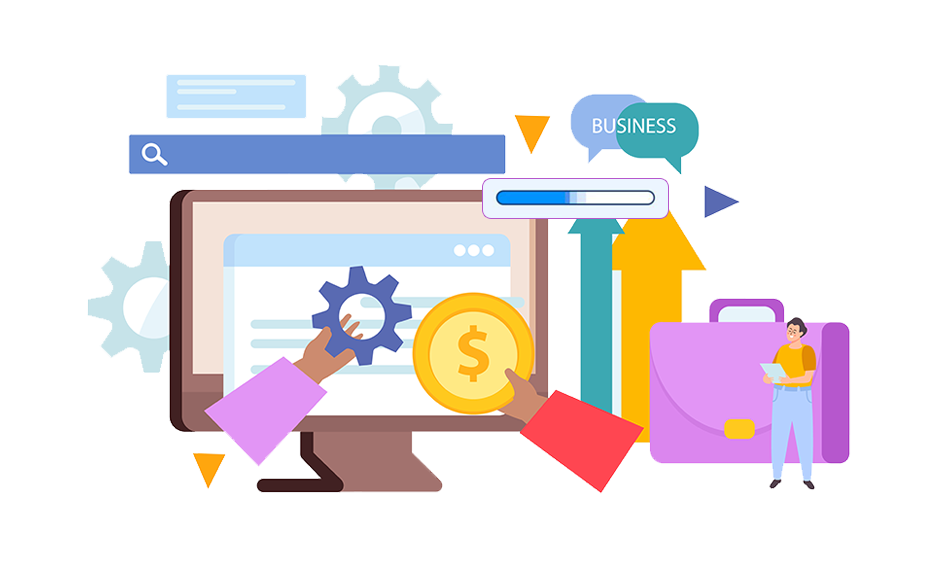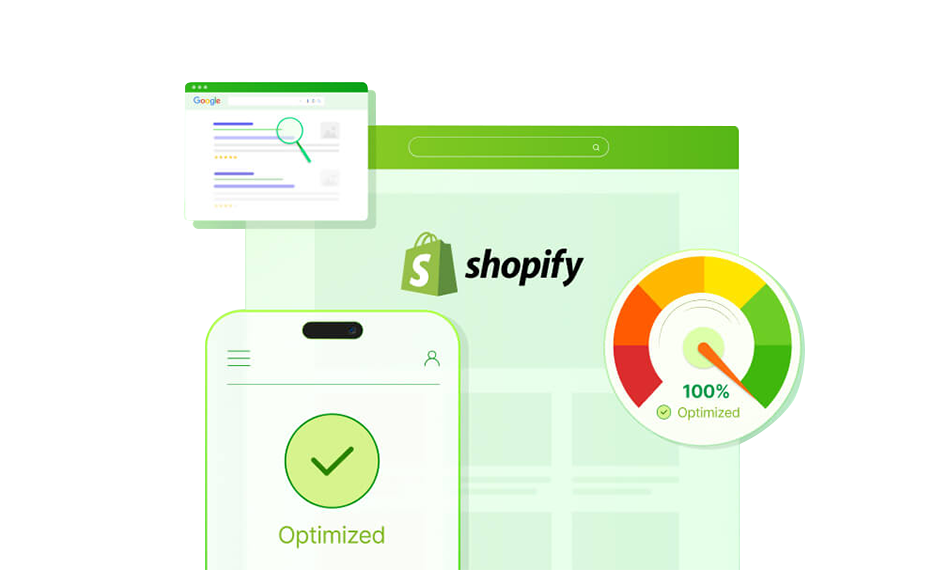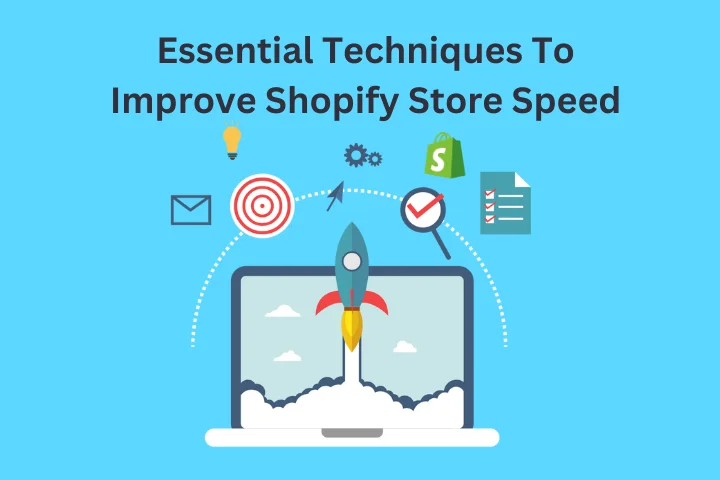TL;DR: A slow website doesn’t just frustrate visitors but also costs you a loss in business revenue. Slow page load time can hurt SEO rankings, increase bounce rates, and ruin e-commerce sales. From website speed optimization to fixing site performance issues, every second counts. Investing in website speed optimization not only saves your business revenue but also builds customer trust and loyalty with an increased conversion rate.
Imagine you visit a store where the lights are flickering, product placement is messy, and there is no one to assist you or help you. The chances are, you will walk out of that store immediately and never want to go back. The same happens with people when they land on a slow-loading website. These kinds of websites and stores are not just a headache for users but also a silent revenue killer.
You must have heard that the website is the face of your business. It’s 2025, and users have no time to stop for sluggish websites. Whether you’re running a Shopify store or an E-commerce brand, speed is no longer optional; it’s a concerning need for your brand’s presence, revenue, and SEO. Let it break down why your slow website is costing you business revenue and how website speed optimization can flip the game.
Why Does Website Speed Matter For A Business?
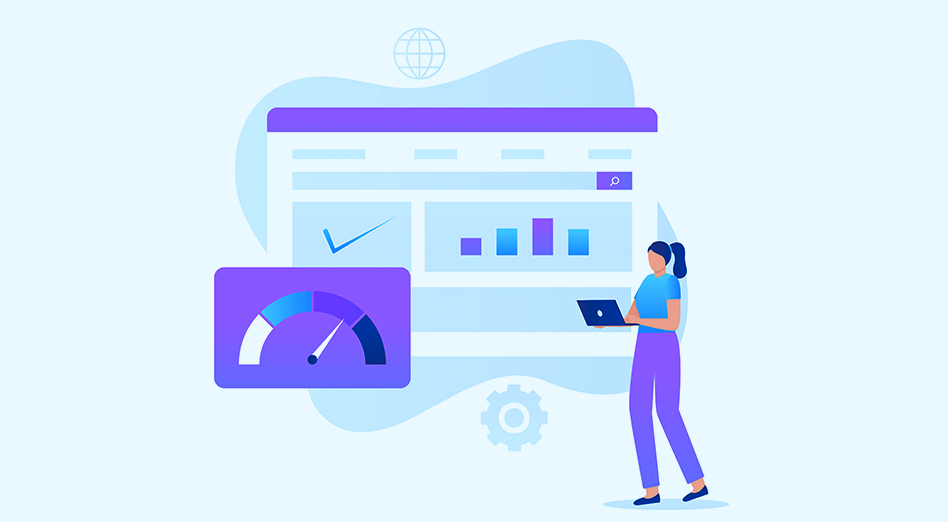
In a world of less tolerant customers, speed is the key to grabbing maximum visitors. Here are the reasons why speed matters so much for a business.
1. User Experience – The Linchpin of Sales
A visitor is likely to leave the site that loads slowly, creating a bad user experience. It is just like customer service in a restaurant. For example, if you experience slow service by the waiters, you probably would leave the place. Similarly, people just won’t tolerate poor speeds, just like they won’t put up with slow customer service. Speed is the first step to a user-friendly experience. Make the website faster to make it interesting for users.
2. Conversion Rate – Your Ultimate Goal
If a website takes more than 3 seconds to load on mobile, 53% of mobile users will leave the site, says a study. It’s like when consumers are in a long line; eventually, they’ll just leave your site behind and move to your competitor. Consider it, website speed optimization is the key to conversion rates; don’t let it slow down for more conversions.
3. SEO – An Important Ranking Factor
Did you know that Google takes site speed into account when ranking sites? Speed is an important part of Google’s Core Web Vitals that it considers for rankings. A slow website hurts SEO, and it might not show up as high in search results, affecting your search engine visibility. Basically, the main point is that you have to pay to get into Google’s top ranks, and speed is the price.
How a Slow Website Affects Your Business
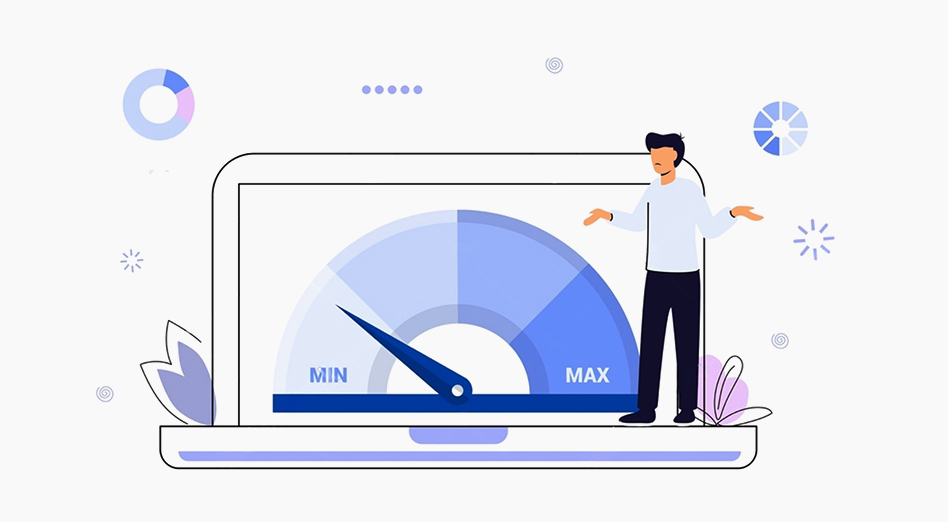
Slow websites can cost you a lot more than the monetary loss. From business reputation to lost customers, there is much more that a slow website can cost you:
1. Lost Customers Interest
The longer it takes for your site to load, the more likely your customers will leave and go to your competitor. Remember, you are not the only one; your competitors are also making efforts to attract these customers, thus your customers have many choices. So, make sure to provide them the best browsing and user experience to be their first pick.
2. Weak Brand Image
A sluggish website makes a bad first impression that could last for longer. A slow-loading web page could forever damage the image of your brand. Branding isn’t simply having a cool logo and a snappy phrase; it’s about how the whole customer experience you provide.
3. Abandoned Carts: The Silent Killer of Sales
Picture a customer at a store leaving their shopping cart due to slow service. When your site is slow, that’s exactly what happens in online shopping. A website that loads quickly motivates people to browse and buy things. Don’t let a slow website make your checkout look like a ghost town.
4. Incomplete Purchases
Delays at checkout that aren’t obvious lead to fewer completed purchases. Most of the cart abandonment is seen at the time of checkout.
Speed is more needed in e-commerce stores as customers want to scroll through the maximum products in less time. Remember, seconds of speed can save a lot of e-commerce revenue.
Why Is Mobile Speed More Important Than Ever?
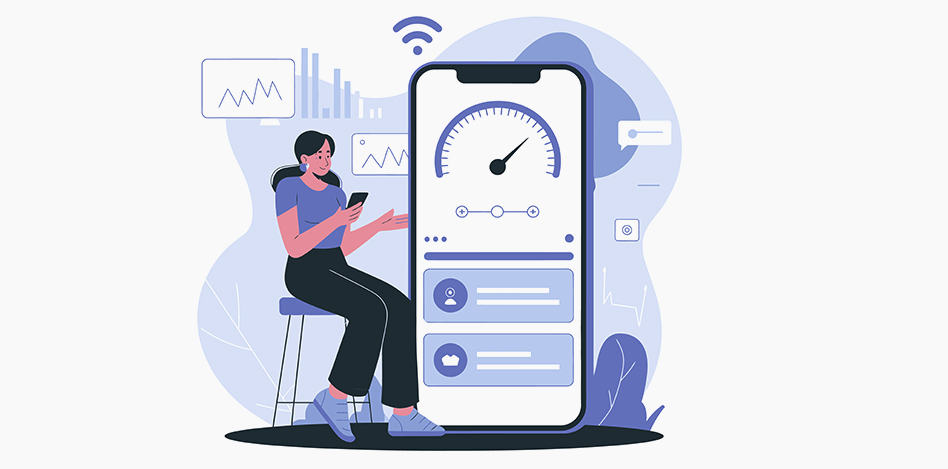
We mentioned it before, but it’s worth saying again that nowadays, mobile website speed will make or break your business conversions. More than 60% of people shop through their phones today. You lose out on huge possibilities every day if your site isn’t optimized for mobile speed.
Think about all the people who see ads on Instagram or TikTok. They click the link, but if your landing page takes too long to load, they automatically hit the back button. Your hard-earned money spent on ads will go in vain, and customers who could have become your lifetime customers will be gone.
How To Fix It With Website Optimization
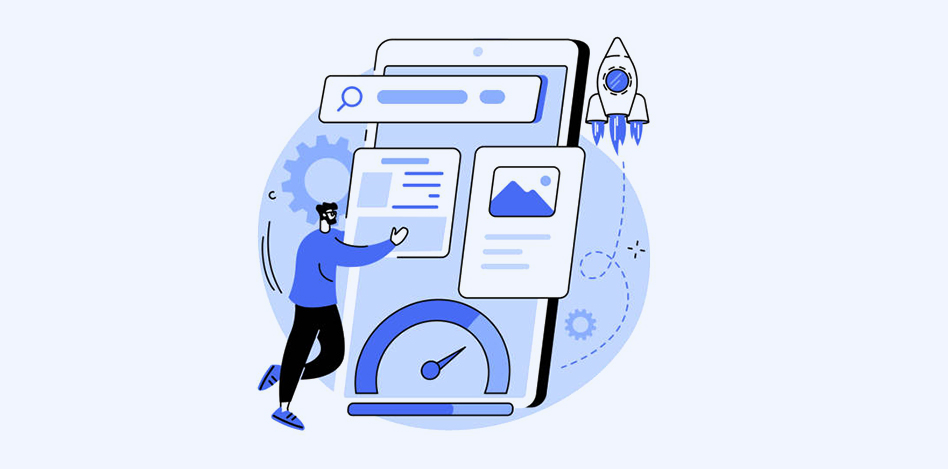
Here are some useful tips to improve your business revenue.
- Optimize Web Images:Use modern formats (like WebP) and compress images to make them smaller in size. Also, use the lazy-loading feature for your media.
- Optimize plugins and scripts:Limit the number of programs, plugins, and scripts you use to only what you need. Get rid of plugins that make your site too heavy.
- Use a good hosting/CDN:A Content Delivery Network (CDN) helps get content to users faster, no matter what their geographical location is.
- Minify CSS, JavaScript, and HTML:To optimize these files, remove the extra white spaces and comments. Combine similar types of files into one file to save space.
- Leverage Caching:Use caching, like page caching and browser caching. Let the repeat customers see the website content faster and enhance their visiting experience.
- Pick a quick theme (If you’re utilizing a platform like Shopify):Choose a theme that is lightweight, streamlined, and has as little bloat as possible.
- Monitor Regular Performance:Use tools like PageSpeed Insights, GTmetrix, Lighthouse, and others to keep an eye on performance all the time.
The Bottom Line
A website that loads slowly doesn’t just frustrate users; it also causes you potential loss in business revenue. Moreover, it hurts your SEO, wastes your ad money, and makes customers trust your competitors more. No one wants to lag in growth just because of a sluggish website in this fast-paced competition.
Your website is more than simply a digital storefront; it’s typically the first thing people see, creating the first impression of your business. Just like people don’t wait in long checkout lines, they don’t wait for a slow-loading page. Now, it’s the moment to delve into website performance optimization head-on if you want to put your best foot forward in e-commerce.












































